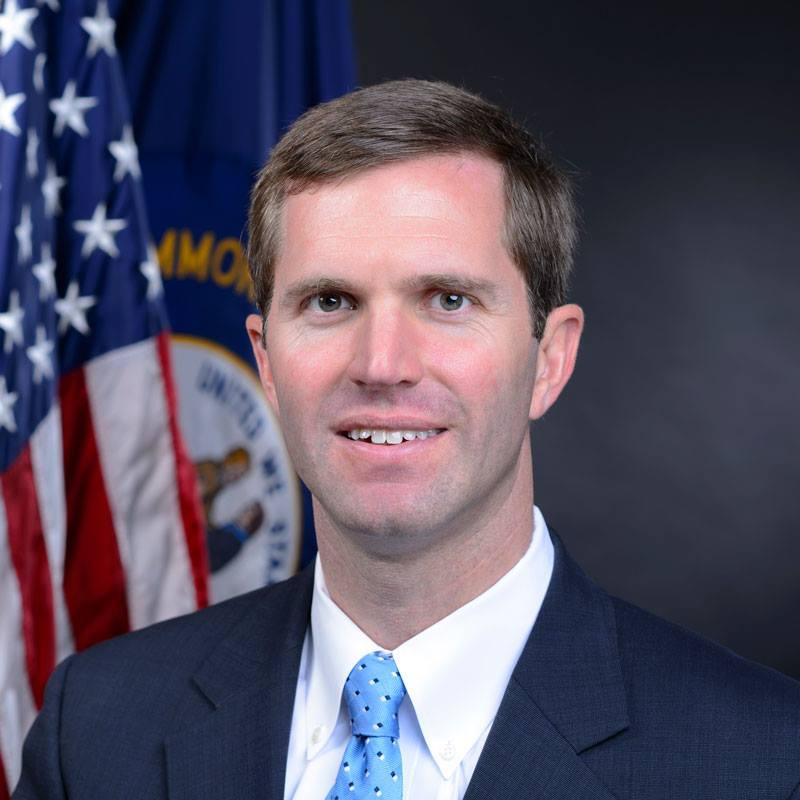Gov. Andy Beshear will not move forward with former Gov. Matt Bevin’s controversial changes to Kentucky’s Medicaid program. Beshear made the announcement Monday, within his first week in office.

Beshear said he’s sending a letter to federal officials to rescind the 1115 waiver that Bevin first submitted back in 2016. He also signed an executive order repealing Bevin’s signature health policy.
“Let me be clear, this Medicaid waiver would have cost Kentucky money, lives and jobs: I believe it would have saved us nothing,” Beshear said. “By every measure, Kentucky’s decision to expand Medicaid in 2014 has been a huge success.”
He addressed proponents of Bevin’s Medicaid changes.
“There will be some who argue that work requirements in the waiver would have encouraged people to get out into the workforce: the reality is the vast majority of people and expanded Medicaid already have one job, if not two jobs,” Beshear said.
“For these people, their employer doesn’t provide private insurance and their income is low enough that they qualify for expanded Medicaid. The real way that we ultimately move people off of expanded Medicaid is through increasing wages for all Kentuckians.”
Flanked by health care advocates and Medicaid beneficiaries, Beshear pointed to a Government Accountability Office report released in October that showed Kentucky’s estimate of implementing the waiver would cost $270 million.
“If this Medicaid waiver been fully implemented, it could have cost up to $270 million of taxpayer money: That is significant,” Beshear said.
Bevin’s signature health policy, which was never fully implemented because of court challenges, would have trimmed some medical benefits and made it a little harder for some to keep coverage. Some Medicaid enrollees would have had to work, volunteer and do other activities to keep their health insurance. Some would have had to make monthly payments to keep coverage, while others would have faced co-pays.
Bevin first submitted his application for the changes to the federal government in August 2016. However, he was never able to implement them because of court challenges.
The Affordable Care Act first made Medicaid expansion available to states in 2014, and former Gov. Steve Beshear — Andy’s father — took advantage of the opportunity to broaden the program to adults making up to 138 percent of the federal poverty line. Approximately 428,000 Kentuckians gained Medicaid health insurance under the expansion, and the state’s uninsured rate dropped from 25 percent in 2013 to 11 percent in 2018.
Before the implementation of the expansion, Medicaid eligibility for parents was at $11,491 for a family of three, and there was no coverage for adults without dependent children. Expansion broadened eligibility to a family of three making under about $16,000.
Research showed that in the years following expansion, low-income Kentuckians made fewer trips to the emergency room and had less trouble paying medical bills. And people who gained coverage under expansion also received preventive care like cancer screenings.
(This story first ran on Kentucky Public Radio.)






